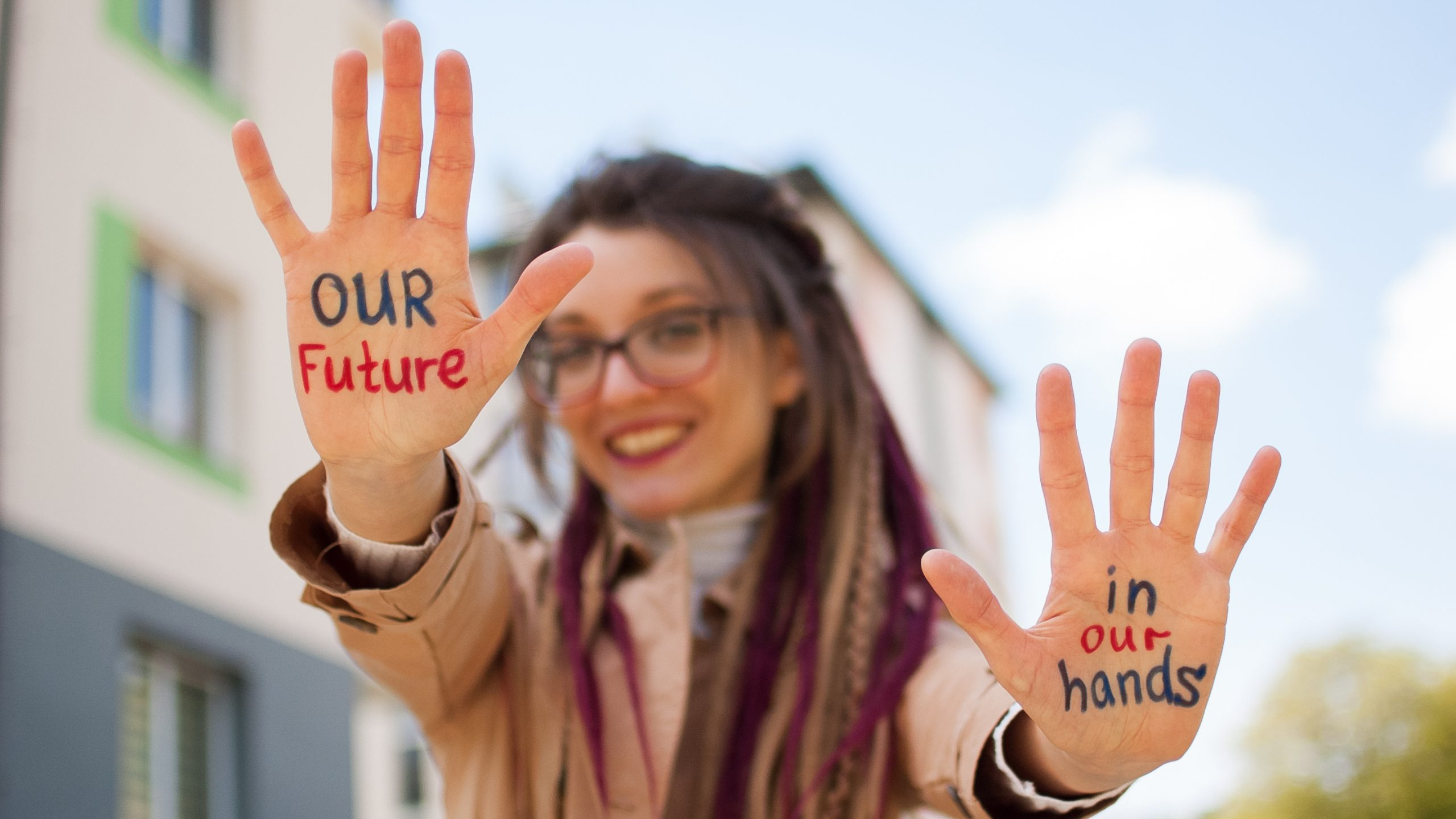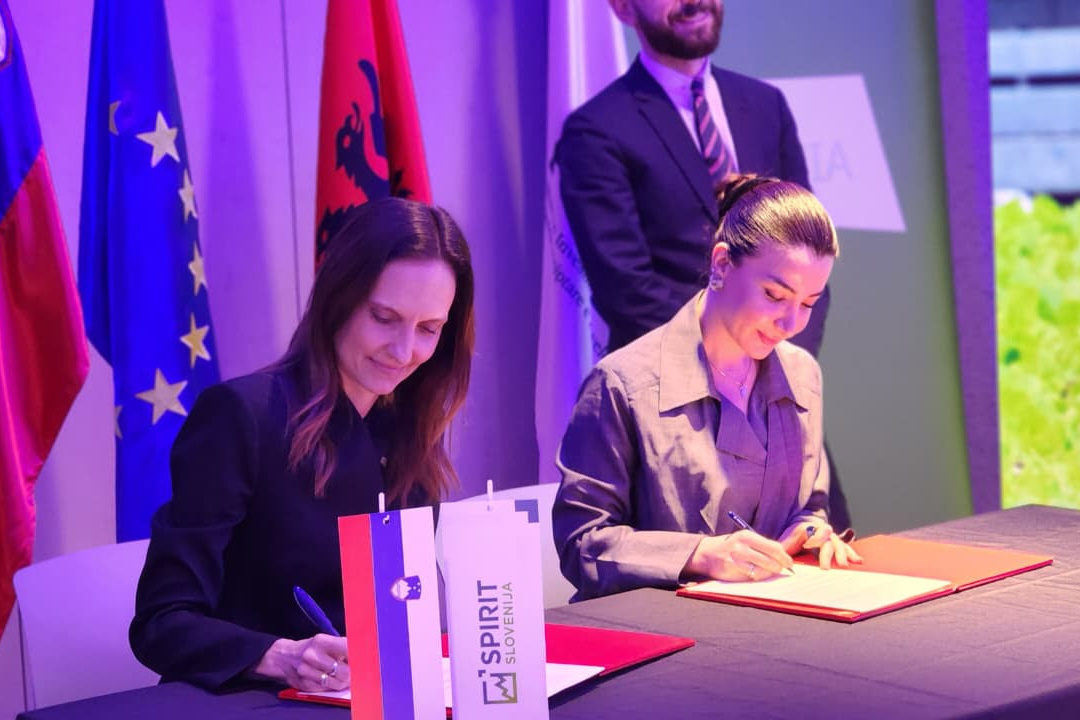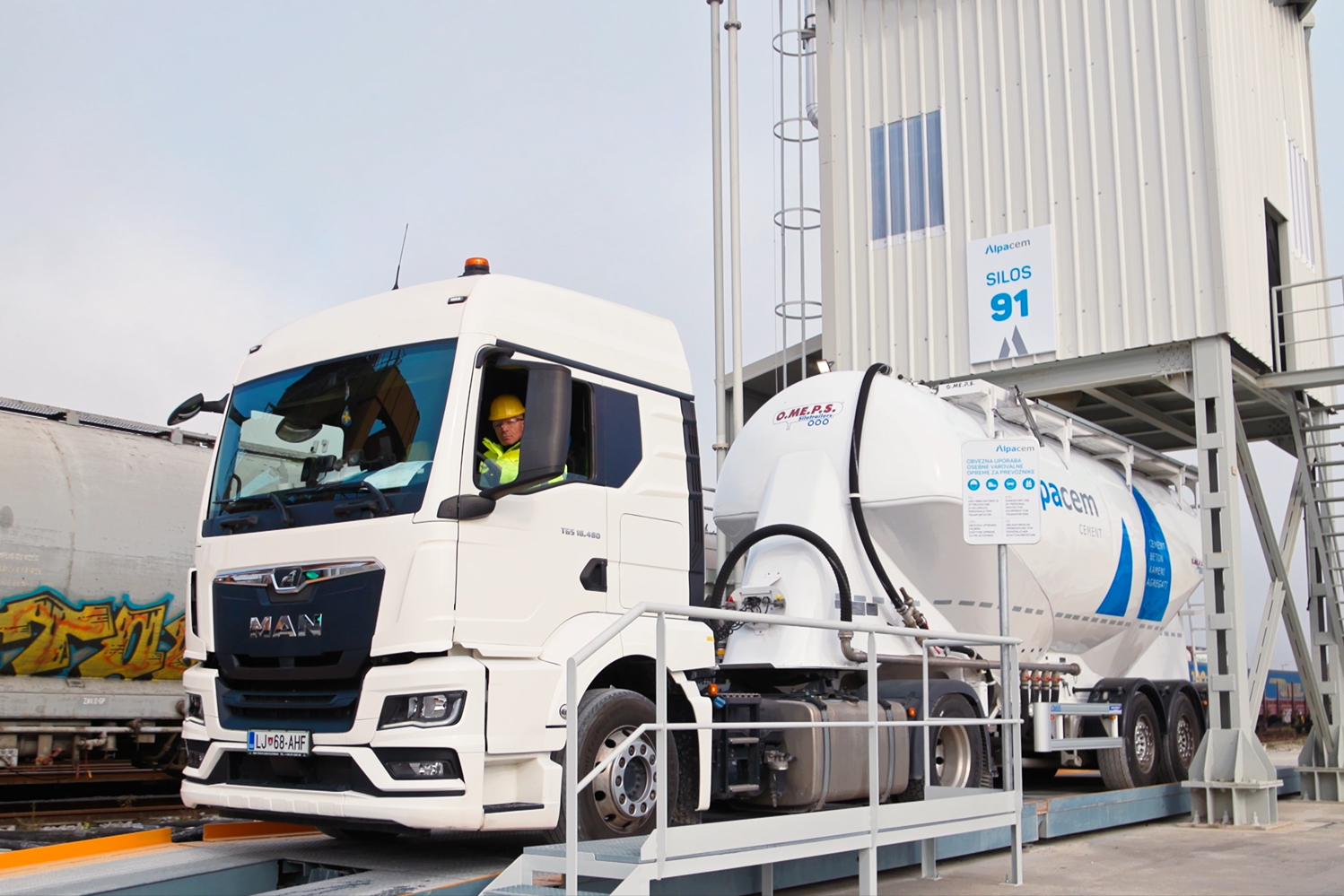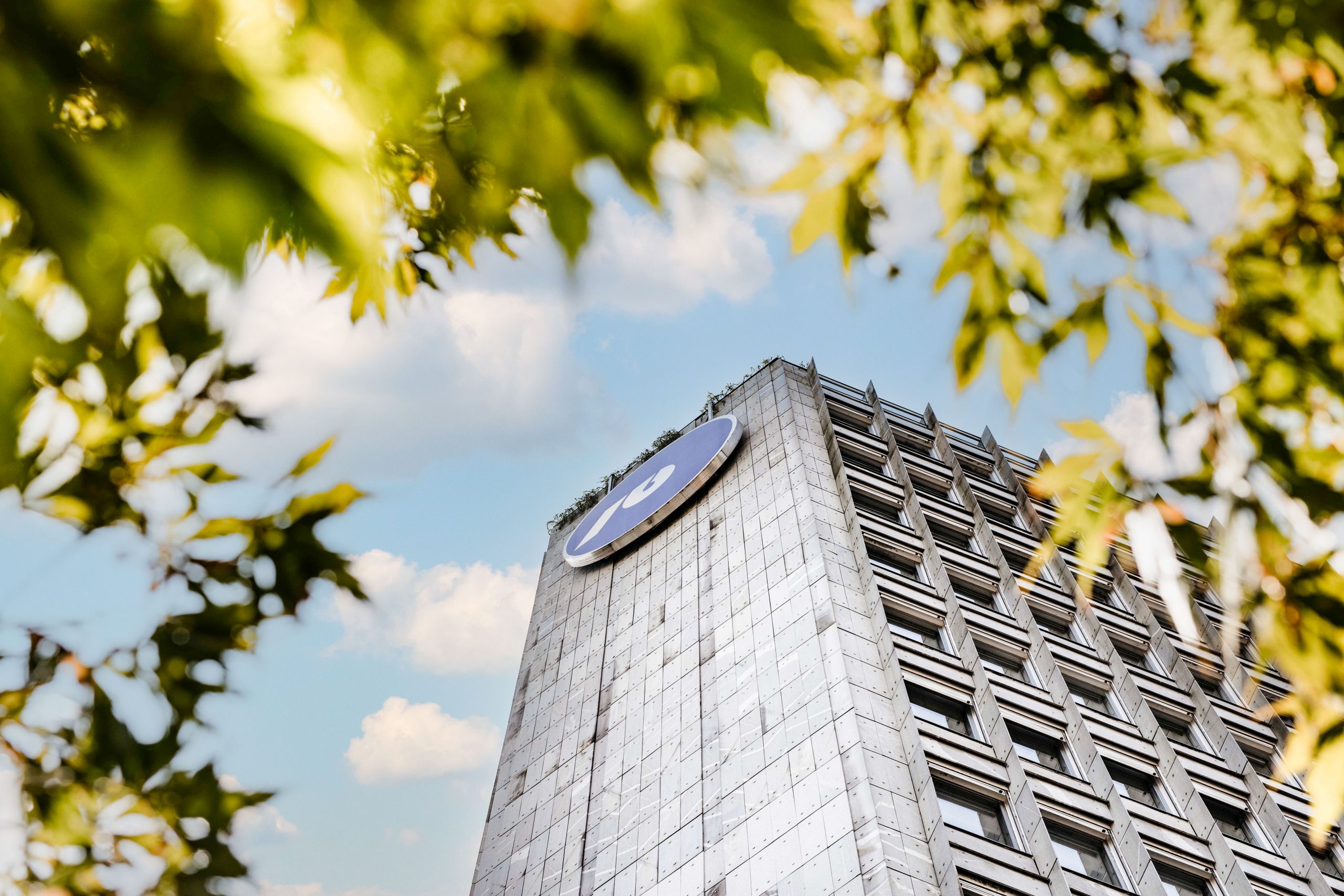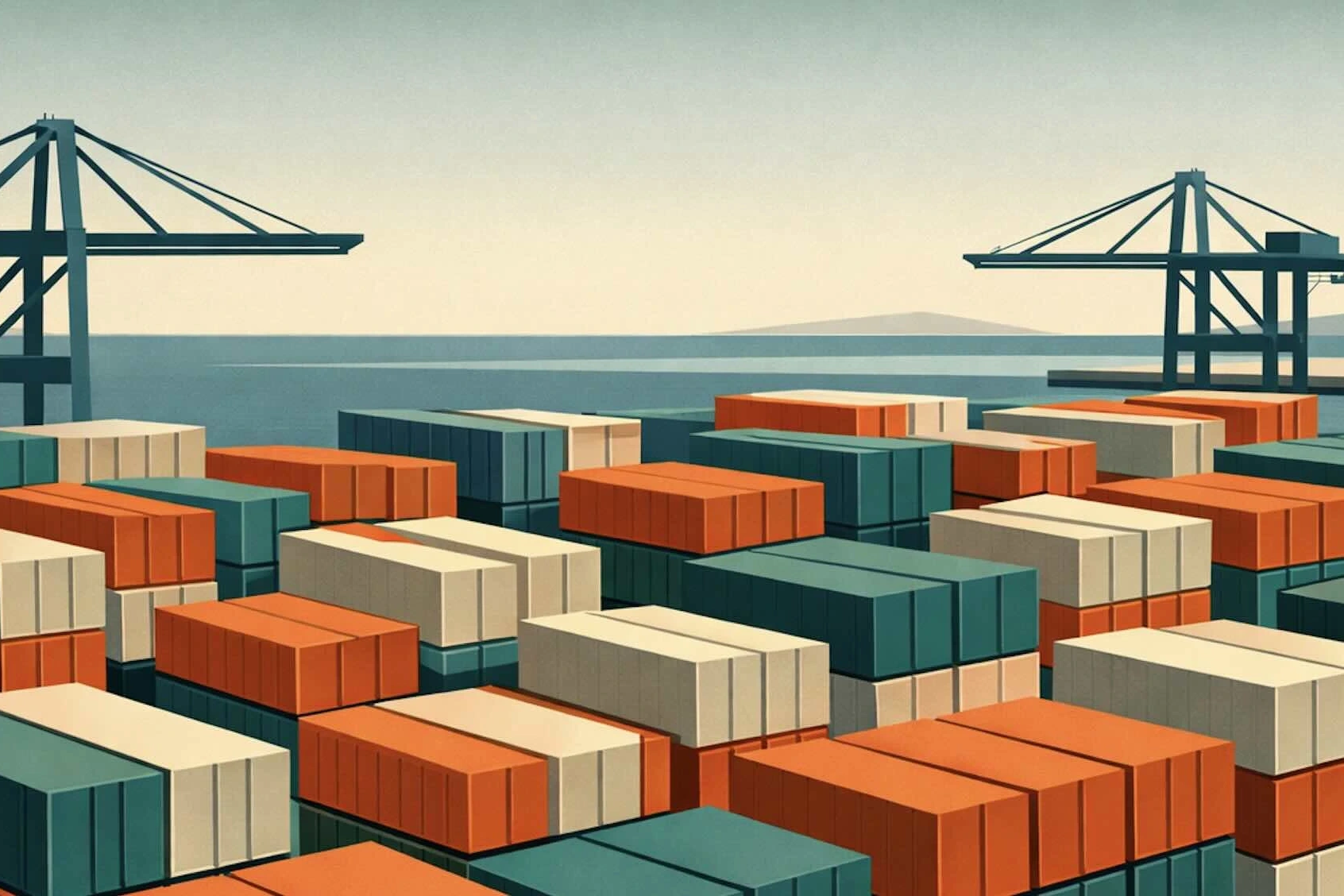Climate voices of the future
Tibor Remškar
The Western Balkans, a region steeped in rich history and diverse cultures, is currently facing a new and formidable challenge: climate change. This emerging global warming hotspot, however, is witnessing an inspiring counter movement led by its young, passionate activists. According to the United Nations Development Programme, nearly 70% of these young people recognise climate change as a critical global issue, actively advocating for and demanding substantial climate action.
The accessibility of education and information, particularly through social media, has played a pivotal role in nurturing a generation that is not only more informed about climate issues but also deeply concerned and actively engaged. This has led to a palpable generational gap in attitudes and actions regarding climate change. Natali Buli, an 18 year old high school student from Albania observes, “older generations do not understand climate change as well as the youth does. Older people in Albania mostly focus on issues right in front of them, rather than talking about problems that will affect us in some years.”
The urgency for climate action is further fuelled by young people’s concerns about their future. Matic Hrabar, 19 year-old student of biotechnology from Slovenia points out, “In the long run, younger generations will be much more affected. We are the ones who are inheriting this world from the older generations, and we are going to be the ones spending the next decades living with climate change.” Similarly, Ilma Šahinović, a 25 year-old from Bosnia and Herzegovina emphasizes the need to address the mistakes of previous generations, and Ivana Blažin, 3rd year student of Engineering Management from Serbia highlights the disparate impact of climate change on younger people, citing worsening air and water quality as examples.
Wave of optimism
Despite these challenges, a wave of optimism and a vision for an alternative future is evident among the youth. They envision a world where their needs are met, and their lives are not endangered by climate change. This vision has sparked an unprecedented global mobilization of young people, including those in the Western Balkans, fighting for their future.
“Young people are the ones pushing for change,” says Buli, stressing the importance of taking initiative. Jovan Spasovski, 19 year old student of medicine from Macedonia echoes this sentiment, finding motivation in the potential consequences of inaction.
It is crucial to recognise that young people are not just the future; they are the present. Their voices need to be heard, supported, and acknowledged if we are to have any chance of addressing the climate crisis effectively. Hrabar poignantly concludes, “The thing that motivates me to keep on demanding climate justice is that someday we will be able to tell our children that we fought… That we did our best to try and stop them.” This sentiment encapsulates the resolve and commitment of the Western Balkans’ youth in their fight against climate change.
A view on climate change from the Balkan youth
“We Slovenians sometimes align ourselves with Central Europe, but in my opinion that is a mistake. It is important for Slovenia to act in our region, the region of Western Balkans. Young people, as well, need to connect across borders, collaborate on projects and drive societal progress forward. Bringing together different perspectives and ideas is the way forward.”
Matic Hrabar, 19
student of biotechnology from Slovenia
“The problem is that people here do not think about climate change. When something very bad happens, of course people think about it, but generally they do not. There is also not enough education, discussing climate change is not a priority. There is also no recycling. There are two types of trash cans, but a lot of people, including my household, did not receive both, so they still only use one trash can and therefore cannot recycle.
There is a student in Belgrade that organises clean-up events. Once in a while he promotes the event around high schools and organises clean-ups in parks, around rivers etc. That is a little thing that young people can do to motivate other young people to become more involved in climate action.”
Ivana Balažin, 22
student of engineering management from Serbia
“Unfortunately, in Western Balkans people are rightfully more concerned with socio-economic challenges which are a daily burden for most families. This continual mindset has led us to completely ignore the importance of sustainability as usually the more sustainable options have proven to be more expensive and harder to obtain, at least in Balkans. The complete transition to solar energy sources would be nearly impossible, as it would take a lot of time and investment, which unsurprisingly, we do not have.”
Ilma Šahinović, 25
master’s student of international relations from Bosnia and Herzegovina
The author of this article, Tibor Remškar, is a 20-year-old student of international relations from Ljubljana
THE ADRIATIC
This article was originally published in The Adriatic Journal: Strategic Foresight 2024
If you want a copy, please contact us at info@isr.si.

